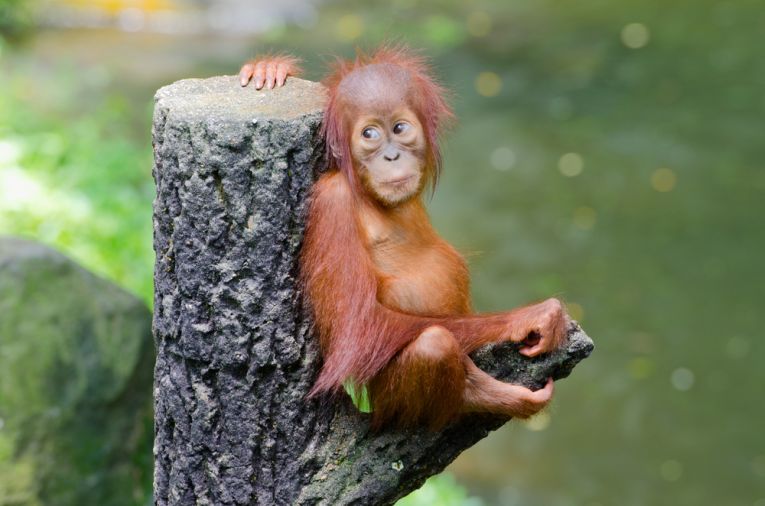Greenpeace and many other conservation groups have long been looking at rain forests that we all suspected were declining. Their comments on the forests of SE Asia have been proved very significant. These green patches shrink whenever you see them from the air. Between 2000, and 2012, Indonesia's tree population lost 6.02 million hectares (23,250 square miles) of primary forest, plus the rest! This is the area of the whole island of Sri Lanka or the country of Latvia.
Belinda Arunarwati Margono, Peter V. Potapov, Svetlana Turubanova, Fred Stolle and Matthew C. Hansen took on the task of estimating forest loss in the journal - Nature-climate change. They work from the University of Maryland, the World Resource Institute and the Indonesian Ministry of Forestry.
Remote sensing allows this estimation of forest loss at a higher annual rate than that of Brazil. (0.84 million hectares pa compared to 0.46 million hectares in Brazil.) Even worse, this method reveals that 40% of the losses took place in restricted and prohibited areas. Such literally criminal behaviour means that climate change mitigation and the need to protect loss of biodiversity are extremely urgent.
The Indonesian islands possess the large species we are missing because of their imminent extinction. These are the Sumatran tiger and elephant, the orang-utans (both species) and a complete collection of insect, spider, fish, reptile, amphibian and other smaller species that form our greatest ecosystems in terms of number. The large animals and plants attract our attention, but the workers in the scientific field tell us the obvious. Many small species are only being discovered as one or two unexpected specimens. In other words, we are seeing the last of this unique forest, just as happens in all rainforests now.
The acceleration of this loss is down to better technologies, both in logging and many other industrial threats to the forest land. Dr. Margono, a geographer, stated, "Indonesia's forests contain high floral and faunal biodiversity, including 10 per cent of the world's plants, 12 per cent of the world's mammals, 16 per cent of the world's reptile-amphibians and 17 per cent of the world's bird species." The loss of their habitats means Indonesia will now no longer have these animals, or the plants that support their growth, provide shelter and feed them.
The easy meat for loggers are the lowland and wetland forests of Kalimantan (Borneo) and Sumatra. Farmers quickly occupy their habitats, often with oil palm plantations. Distant island groups were relatively unaffected by this greed in Papua, Sulawesi, Maluku, Java and Bali and Nusa Tenggara. There is a solution to all this disorganised "development." Indonesia must act quickly to regulate and enforce. Otherwise, we all are subject to inevitable and awful change.










